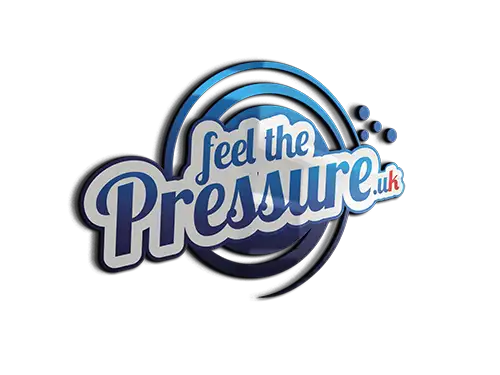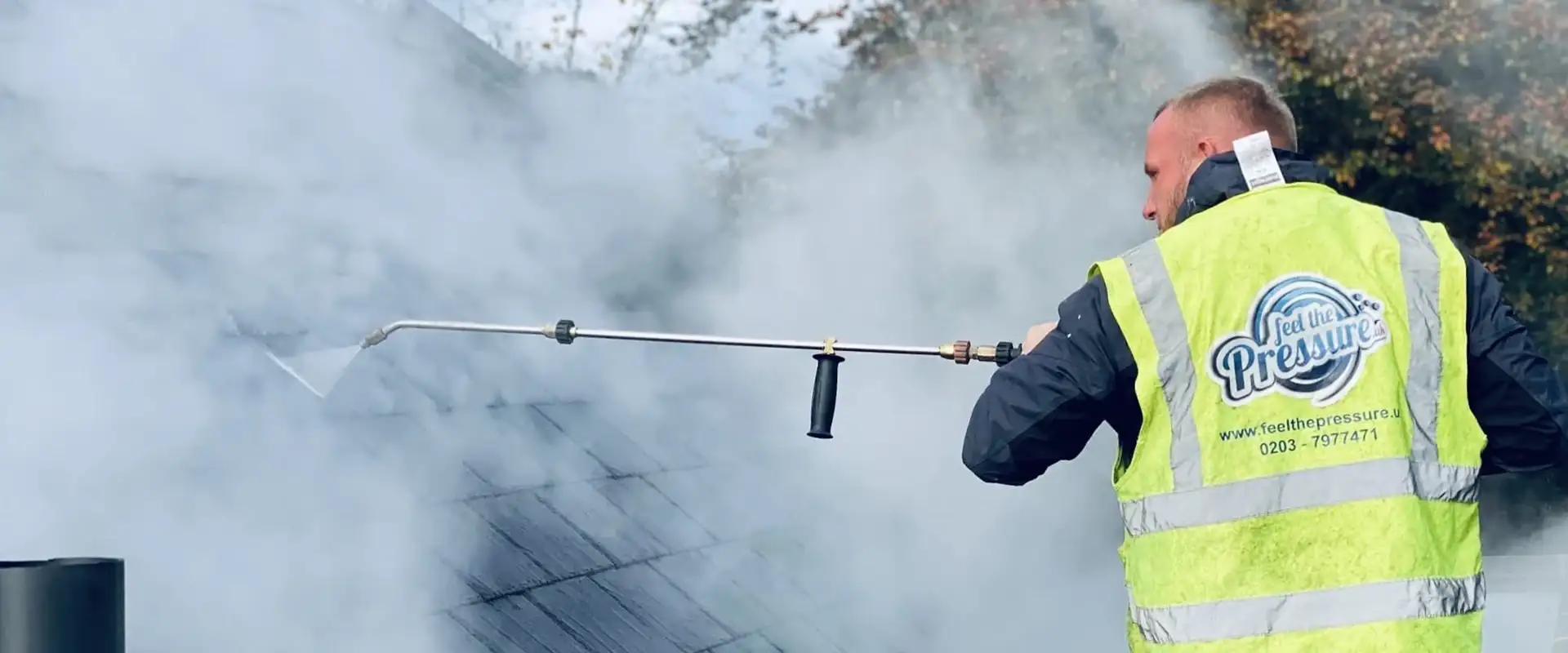Each driveway surface requires a specific approach to cleaning to ensure effective results without causing damage. Here's a breakdown of the most common driveways we clean and the best and how we clean them:
-
Concrete Driveways
Cleaning Method: High-pressure washing with surface cleaner attachments. Use degreasers for oil stains. Avoid extremely high PSI to prevent etching.
Why: Removes deep stains, mildew, and discoloration while preserving the surface texture. -
Asphalt Driveways
Cleaning Method: Low-pressure washing or soft washing with asphalt-safe detergents.
Why: Asphalt is softer than concrete; high-pressure water can strip away the top layer or damage the binding oils. -
Block Paving (Brick or Concrete Pavers)
Cleaning Method: Medium-pressure washing with attention to joints. Follow with joint re-sanding (kiln-dried sand).
Why: Restores colour, removes moss and weeds between blocks, and helps maintain structural integrity. -
Resin-Bound Driveways
Cleaning Method: Soft washing with gentle detergents followed by very low-pressure rinsing.
Why: Maintains permeability and prevents damage to the resin binder. -
Tarmac Driveways
Cleaning Method: Low-pressure cleaning with tarmac-safe cleaners. Avoid heat or harsh chemicals.
Why: Protects the integrity of the binder and prevents fading or surface erosion. -
Cobblestone Driveways
Cleaning Method: Pressure washing with a rotary surface cleaner. Brush out joints manually if needed.
Why: Restores natural appearance and removes buildup between stones while preserving the surface. -
imprinted Concrete
Cleaning Method: Low- to medium-pressure washing. Use a sealer-safe cleaner and avoid abrasive tools. Re-seal if needed after cleaning.
Why: Preserves decorative patterns and sealant while eliminating stains and mildew. -
Natural Stone Driveways (Granite, Limestone, Sandstone, Slate, etc.)
Cleaning Method: Doff steam cleaning with stone-specific cleaners.
Why: Protects the integrity of the stone while effectively removing dirt and organic staining.

